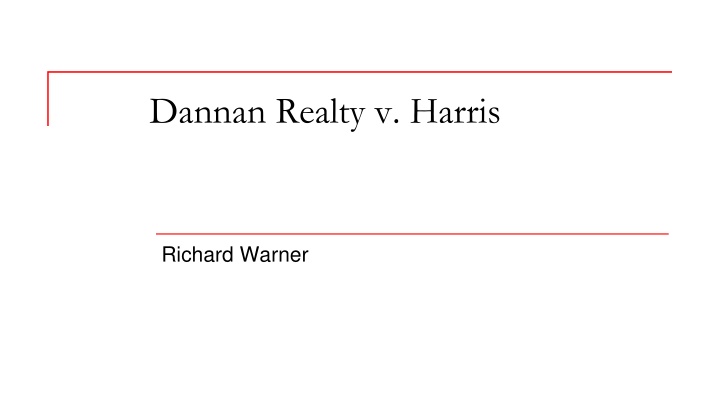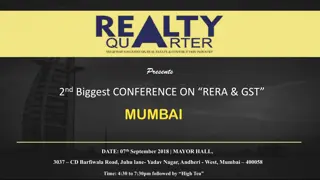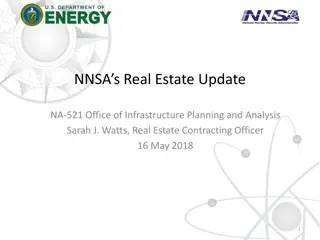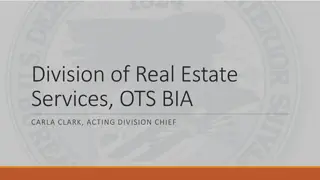Analysis of Entire Agreement Clause in Fraud Cases
The case of Dannan Realty v. Harris Richard Warner examines the impact of an entire agreement clause on a fraud cause of action. The majority opinion highlights that the specific language of the clause, stating the buyer is not relying on any representations outside the written contract, barred the fraud claim. The requirement of reliance in fraud cases is emphasized, with the dissent arguing against the clause's absolute enforcement. The discussion delves into the implications of enforcing contracts as written and the balance between legal certainty and justice.
Download Presentation

Please find below an Image/Link to download the presentation.
The content on the website is provided AS IS for your information and personal use only. It may not be sold, licensed, or shared on other websites without obtaining consent from the author.If you encounter any issues during the download, it is possible that the publisher has removed the file from their server.
You are allowed to download the files provided on this website for personal or commercial use, subject to the condition that they are used lawfully. All files are the property of their respective owners.
The content on the website is provided AS IS for your information and personal use only. It may not be sold, licensed, or shared on other websites without obtaining consent from the author.
E N D
Presentation Transcript
Dannan Realty v. Harris Richard Warner
Facts The seller of a building made oral representations about the operating expenses and profits of running the building. The buyer did not confirm those claims by asking for records. These representations were not in the written contract, and the contract contained an entire agreement clause. The buyer sued for fraud. The buyer argued that the entire agreement clause was irrelevant since he was suing in fraud.
The Entire Agreement Clause in Dannan The majority agrees that the parol evidence rule would not bar a fraud cause of action if the contract merely contained a "general merger clause", one that merely said this is the complete and exclusive statement of our obligations. But here the court said the merger clause barred the fraud cause of action. How? Because of the special language of the clause: it expressly said the buyer was not relying on any representations not made in the written contract.
Frauds Requirement of Reliance An element of fraud is reliance on the representation. So by signing the contract, the buyer undercut his fraud cause of action. The argument: the buyer read the contract; he understood that he was agreeing that he was not relying on the oral representations in the contract; if he disagreed with this, he should have changed it. The majority adds that, if they do not enforce this kind of clause, they would be saying that "it is impossible for two businessmen dealing at arm's length to agree that the buyer is not buying in reliance on any representations of the seller as to a particular fact". They want to make this kind of agreement possible.
A Common Argument You often see this decisions: If we don't enforce contracts as written, it will disrupt business negotiations. A good argument? That depends, in part, on the answer to another question: Do you think that the buyer read and understood the entire agreement clause? (a) Yes (b) No
The Counter-Argument The dissent insists that the clause is mere verbiage which the seller exploits to guard against the consequences of the seller s own fraud. The dissent thinks that it is absurd that putting a few more words in should destroy the fraud cause of action. "The law does not temporize with trickery or duplicity." Punishing fraud is worth some lack of "certainty in contractual relations." Also a common argument: If we ignore the written provisions of a contract, then we may make it difficult for parties to put language in a contract that they can be confident the court will enforce. But this uncertainty is the price of justice.























